A Sumerian Problem
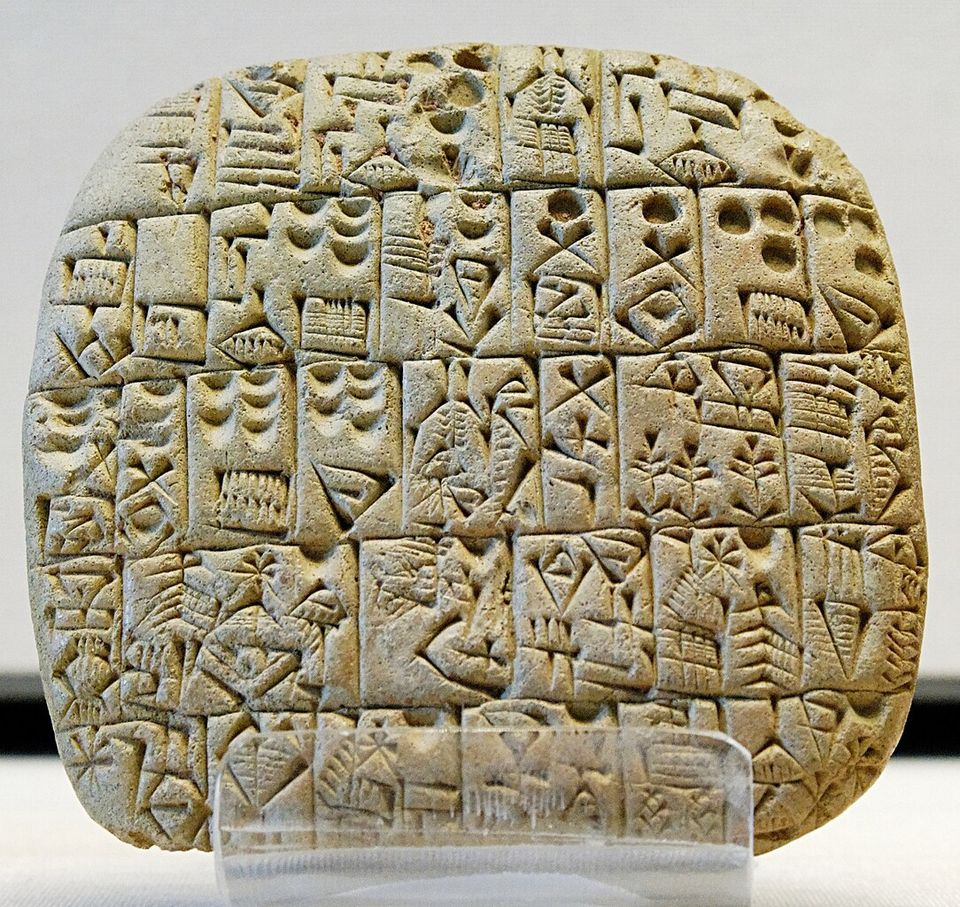
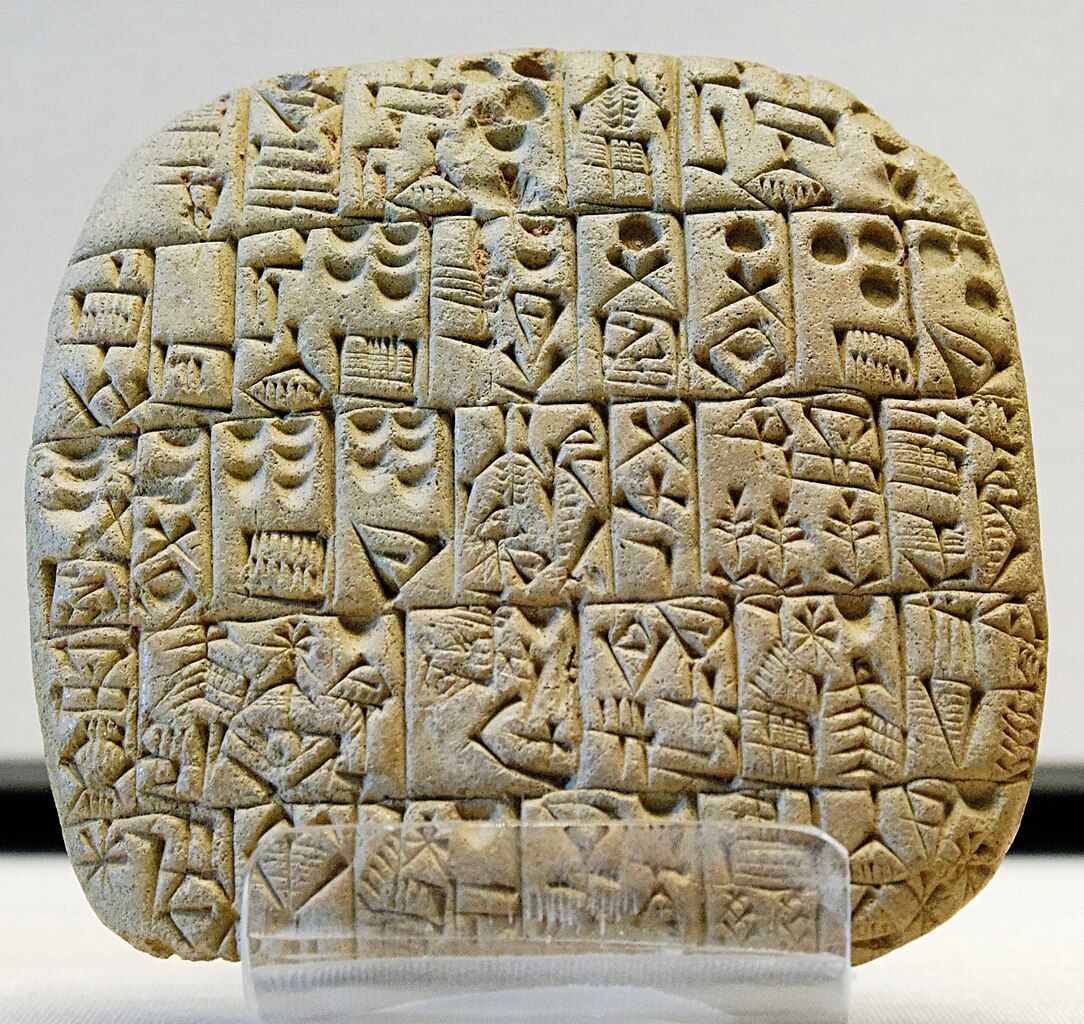
It is possible that Sumerian script (the later stages of which is referred to as cuneiform) developed from the use of tokens "as early as 8000 BCE, about the time that hunter-gatherer societies were giving way to an agricultural way of life...the clay shapes are tokens representing agricultural goods such as grain, sheep, and cattle and that they were used as a form of bookkeeping."
And the reason the servers who do not write down orders in restaurants are often pretty good at it may have something to do with the zeigarnik effect, the theory that people are likelier to remember, and in greater detail, tasks, lists, and sets of information that remain incomplete.
This does suggest that, for some period of time between around 8000 BCE and the more widespread adoption of written language by, say, the Bronze Age, the Sumerians might have encountered this problem ("problem") in reverse: One person wants another to memorize something, just to be on the safe side, while the second party is happy to lackadaisically rely on literacy, as we can see below in the entertaining and informative little tableaux I have just whipped up for illustrative purposes:
SUMERIAN THE FIRST:...So that's 60 parts barley groats, by volume, to Bad-tibira, ŠE system Š", 120 parts copper ingots, EN System E to Kisurra, and 360 parts beer, by volume, Sexagesimal system S', to Lagash – but that last part only upon receipt of Lagash' shipment of 120 parts cheese, by volume, Bi-Sexagesimal System B, and not before. As for the oil shipments...
SUMERIAN THE SECOND: With you in a moment, almost there.
[Presses a wedge-shaped stylus into the surface of a clay bullae, blowing over the surface of the clay to dry it.]
SUMERIAN THE FIRST: You're going to write it down?
SUMERIAN THE SECOND: Yes, it only takes a second. Ready for the oil shipments when you are.
SUMERIAN THE FIRST: You're sure you don't want to just repeat back what I said to you instead?
SUMERIAN THE SECOND: No, the clay is sufficient.
SUMERIAN THE FIRST: I would feel more comfortable if you just repeated back everything I said to you instead of poking some clay with a stick.
SUMERIAN THE SECOND: No, no, these symbols should do it. This way is just as good.
SUMERIAN THE FIRST: It is not that I do not trust your clay jabbings, but what is wrong with using your memory palace, as our fathers and grandfathers did before us for time out of mind?
SUMERIAN THE SECOND: Our fathers and grandfathers, most gracious and hairless scribe, did not have to remember as many shipments of barley as we do, and there are only so many times I can mentally reduce a shipment to a base of sixty for quick recall.
SUMERIAN THE FIRST: I hear your concerns, and I understand. But consider this: Short of death, a man and his memory cannot be separated. If I know you have safely memorized the details of the Lagash system, so long as you do not die, I can go comfortably about my own business, secure in the knowledge that you will supervise the king's shipments as they were dictated from the king to his scribe, and from that scribe to another scribe, and from that scribe to me. But if I put my trust in that little clay doll you are carrying around –
SUMERIAN THE SECOND: [Slightly stiffer] It is a clay bullae. It is a round clay envelope.
SUMERIAN THE FIRST: – As you say, your round mud envelope covered in jabs – what if you drop this envelope? What if it rains, and you are caught out of doors, and they clay is smeared before it has time to set? What if you are beset by thieves, who mistake it for something valuable, and force you to part with it? There are a thousand things that can separate you from this little clay ball. Once a man sets down his memory outside of his body, his memory is lost.
SUMERIAN THE SECOND: Not if I conceal the clay within the folds of my cloak, thusly. Then I have only to take out the clay at a later date, look at the little symbols I have stamped all over it, and I will remember.
SUMERIAN THE FIRST: All I am suggesting is that you eliminate the middleman and remember the shipments in the first place.
SUMERIAN THE SECOND: But I can remember more this way.
SUMERIAN THE FIRST: Just as you say, brother. If you really think that when you pull that mud ball out from your cloak and look at the triangles you've stamped all over them and find they make sense to you, far be it from me to stay you. If those little slashes and squiggles seem more sensible and reliable to you than the great storehouse of a man's spirit, which was good enough for all of our ancestors since the Lord of Kulaba first breathed into the nostrils of man –
SUMERIAN THE SECOND: I'm terribly sorry to contradict you, but I believe you'll find that was in fact the Lady Ninhursag who first breathed life into the nostrils of man.
SUMERIAN THE FIRST: [Icily] Just as you say, brother.
SUMERIAN THE SECOND: Just as you say, brother. I could read back to you what I have written, if you'd like, and you can match it against your own memory.
SUMERIAN THE FIRST: Not at all. Not at all. I am sure your triangles and loops will ensure the safe and prompt delivery of the correct amount of barley groats to Bad-tibira.
SUMERIAN THE SECOND: Oh hang on, I've misspelled it – do you happen to have a spare reed on you?
SUMERIAN THE FIRST: Lord of Kulaba! Witness the failure of the reeds and clay!
SUMERIAN THE SECOND: But did not the Lord of Kulaba himself pat some clay and put words on it in the tale of Enmerkar and the Lord of Aratta, when the messenger's mouth was too heavy to repeat the message?
SUMERIAN THE FIRST: Then you admit that your mouth was too heavy to recite my words back to me? That you wrote it down because you could not memorize it, rather than because you would not? Witness, I say, the failure of the reeds and clay against the supple and mighty storehouse of the spirit of man!
SUMERIAN THE SECOND: [Hastily presses three triangles into the clay.]
SUMERIAN THE FIRST: What are you writing. Is that about me.
SUMERIAN THE SECOND: I have nothing left to say to you. Proceed with the oil shipments.
SUMERIAN THE FIRST: [Later that night, tossing and turning in bed] I will do it. I will learn the noisome and blasphemous language of the clay markings, for I cannot rest until I find out what the three triangles mean. And if they mean what I suspect they mean, it is he who is the three triangles, and not myself!
[Image via]
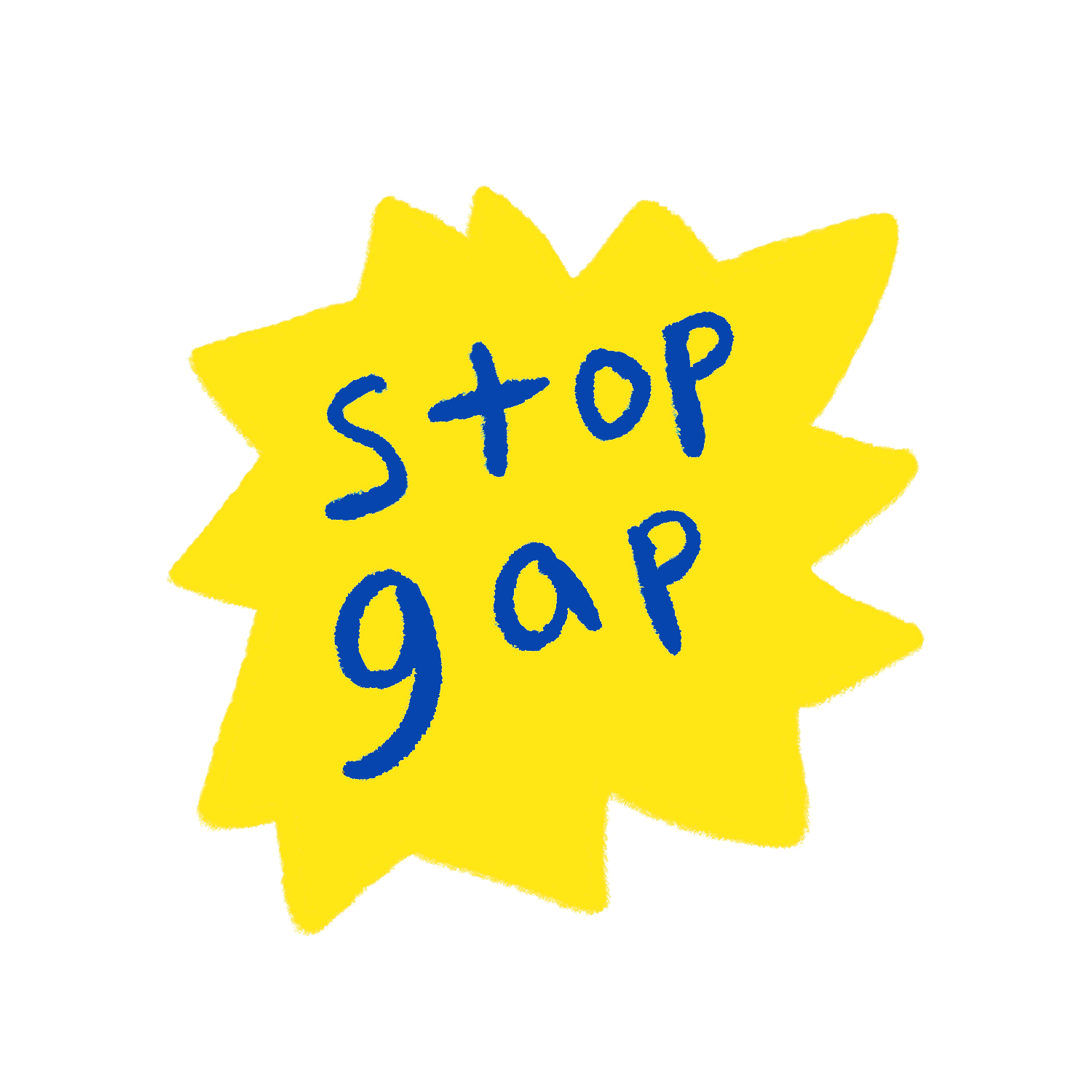

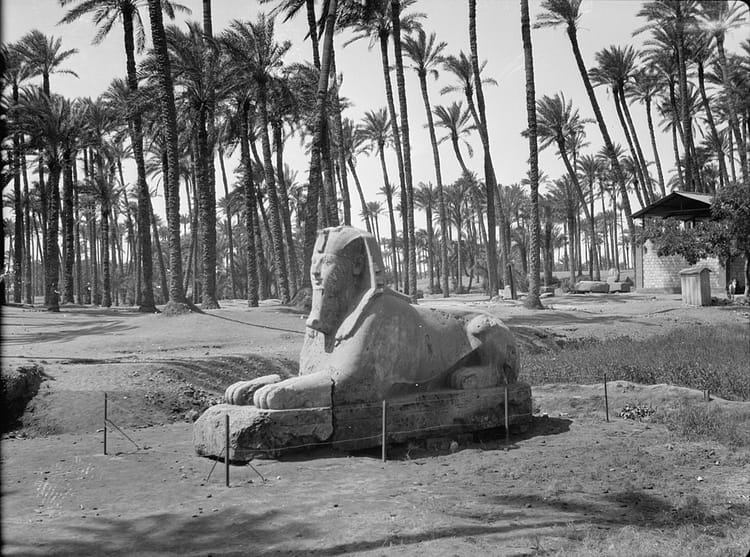
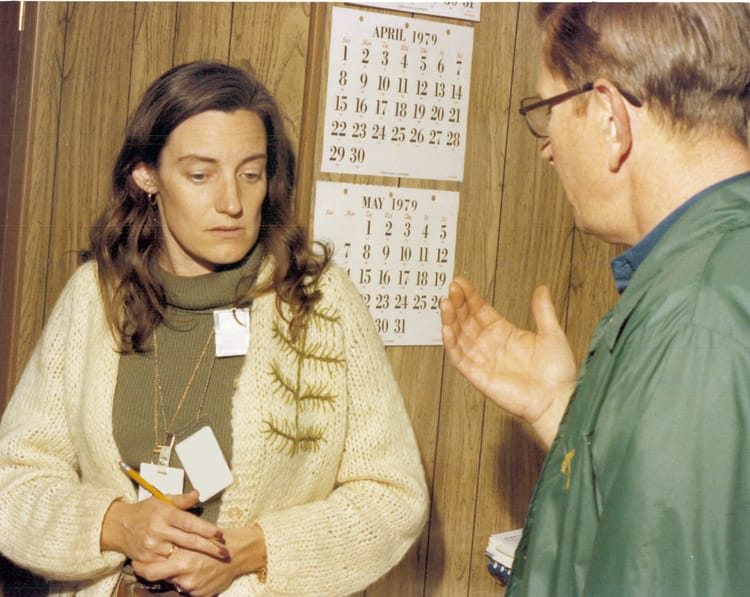
Comments ()